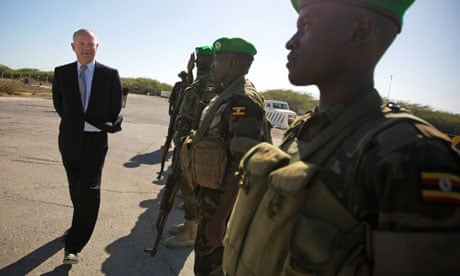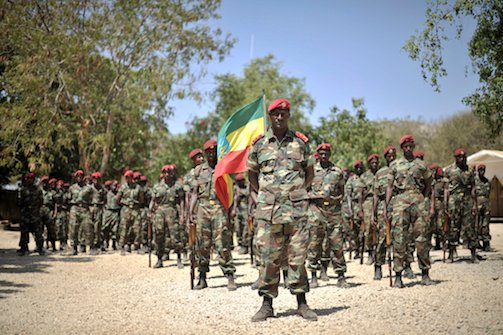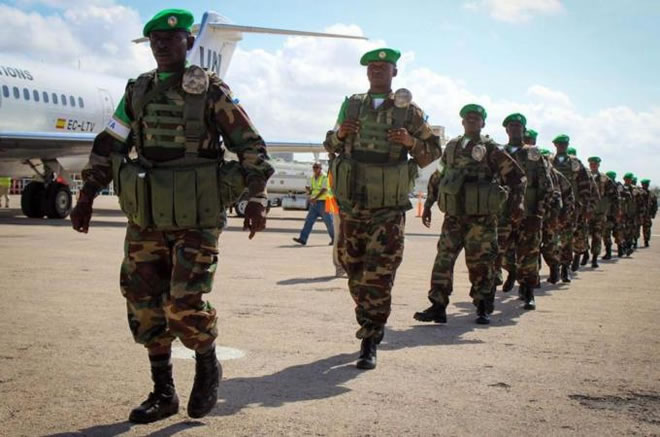


The last thing Somalia needs is additional outside interference. Instead, the world should pull out its forces. Again and again, foreign intervention there has only made conditions worse. Ethiopia’s decade long war with Somalia’s insurgents, managed only to empower the hardline Islamists. Likewise, the presence of the African Union force has made the insurgents seem stronger and more unified. (Meanwhile, the U.N.-approved transitional government the AU is meant to support remains largely impotent and controls no ground with it's own force)
To fight the foreigners, Al-Shabab has allied itself with another insurgent group. “The foreign military intervention is a unifying force for the extremists,” says Council on Foreign Relations fellow Bronwyn Bruton, author of an upcoming report on the political dynamics in Somalia. The current situation makes a long-term political solution much more difficult to achieve.
Hardhearted as it seems, the smartest response might be to let Al-Shabab try to seize Somalia. There are several reasons to think this could help. For one, the Islamist group is far from monolithic, and could well splinter without a foreign enemy to rally against. Second, many of Somalia’s factions are well armed and unlikely to be steamrolled by religious fanatics. Third, should they somehow manage to actually seize power, Al-Shabab would then face the immense challenge of governing. “Somalis don’t like harsh religious ideology,” Bruton says, and would thus likely resist Taliban-like rule. Foreign armies can still help—but only once Al-Shabab has crumbled on its own. And if outsiders return, it should be to rebuild, not to fight.
By Andrew Bast
Source: Newsweek




